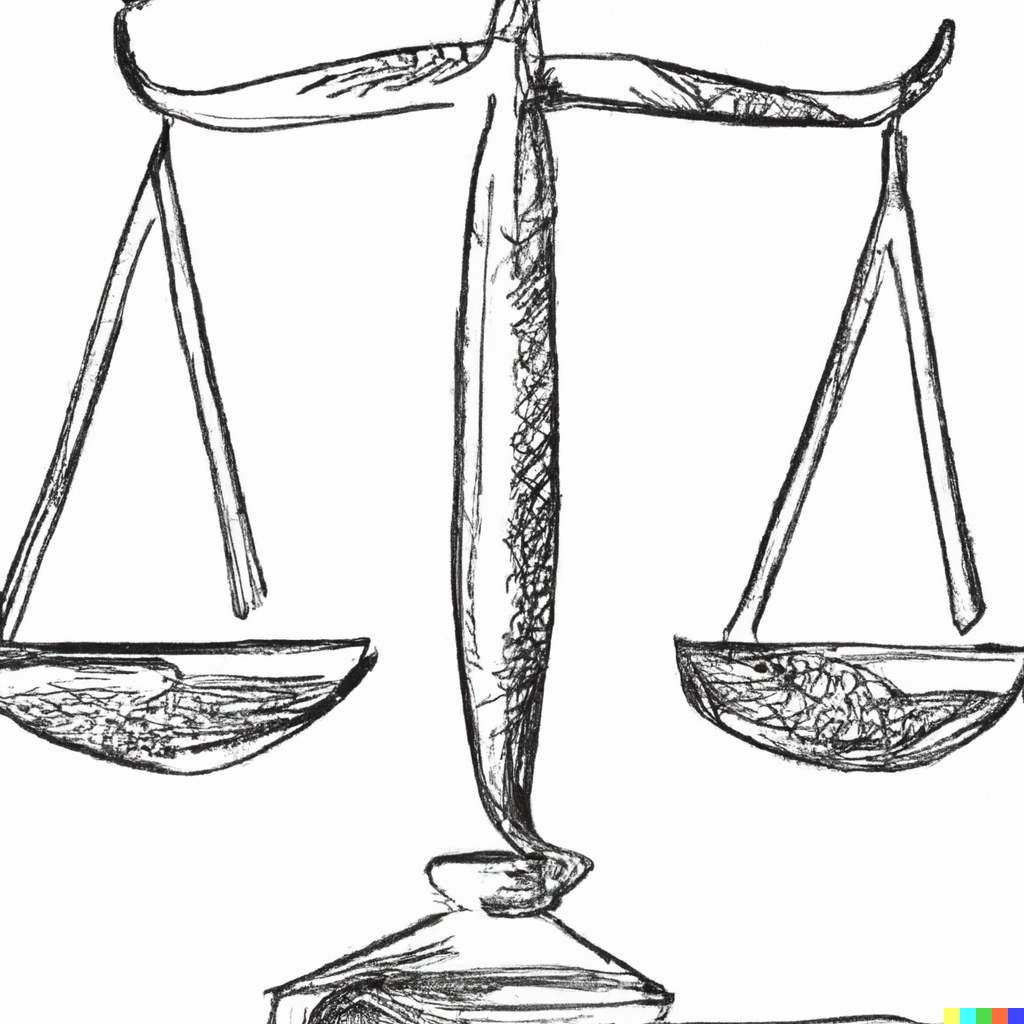Introduction
Legal objections form an integral part of courtroom exchanges, acting as a litmus test of an attorney’s knowledge, strategic prowess, and persuasion skills. How a lawyer responds to these objections can significantly steer the trial’s trajectory, potentially even determining its outcome. Understanding and mastering strategies for effective objection handling are, therefore, crucial components of successful courtroom navigation. This guide aims to equip attorneys with essential tips and tactics to steer this complex process effectively.
1. Rule Mastery: The Cornerstone of Response Strategy
A lawyer’s first line of defense against legal objections is a thorough understanding of the Federal Rules of Evidence. These rules form the framework for the admissibility of evidence, defining the boundaries of what can and cannot be presented during a trial. Familiarity with these rules allows attorneys to respond to objections swiftly, accurately, and persuasively. Moreover, a deep comprehension of these guidelines can also serve as a potent tool in identifying potential weaknesses in the opposing counsel’s objections, thereby helping turn the tables in your favor.
2. Maintaining Composure: The Unsung Hero in Courtroom Battles
The adversarial nature of courtroom battles can stoke high emotions and heated exchanges. However, an attorney’s demeanor can significantly influence the judge’s perception of an argument’s validity. By maintaining composure, responding respectfully, and focusing intently on the case facts and applicable law, a lawyer can effectively present arguments under the most favorable light. A calm and collected demeanor during objection handling can serve as a potent weapon in the lawyer’s arsenal, displaying an image of controlled strength and persuasive conviction.
3. The Art of Persuasive Argumentation
While the courtroom may sometimes feel like a battlefield, it’s essential to remember that the primary goal of responding to an objection isn’t to ‘win’ an argument but to persuade the judge. Aggressive or combative responses might provide a momentary ego boost but seldom contribute positively to your case. Instead, focus on presenting a compelling argument rooted in legal precedent and factual evidence of the case. By engaging in respectful dialogue and persuasion rather than verbal combat, attorneys can enhance their chances of swaying the courtroom tide in their favor.
4. The Value of Preparation: Anticipating the Chess Moves
A proactive approach is invaluable when navigating the labyrinth of legal objections. Wise attorneys anticipate potential objections in advance and arm themselves with well-prepared responses. This forward-thinking strategy enables swift and confident rebuttals, minimizing the likelihood of being caught off guard, which can disrupt your trial strategy and rattle courtroom confidence. Preparedness, thus, serves as an essential buffer against surprise attacks, preserving your narrative flow and overall trial strategy.
5. The Delicate Dance of Concession
The urge to maintain the trial’s momentum may tempt an attorney to concede an objection hastily. However, if the law and facts support your stance, it’s critical not to concede too quickly. Conversely, it’s equally important to resist the temptation to argue against an objection that is clearly correct. Futile resistance may irritate the judge, damaging your credibility and diminishing the perceived strength of your case. This delicate balance of knowing when to fight and when to concede can have a profound impact on your courtroom success.
Conclusion: Blending Knowledge and Strategy for Effective Objection Handling
Effectively handling objections in the courtroom involves a harmonious blend of deep legal knowledge, composed demeanor, strategic argumentation, thorough preparation, and judicious concession. By mastering these strategies, attorneys can enhance their courtroom performance significantly, contributing to a more persuasive defense or prosecution. With these tools in their arsenal, lawyers can transform potentially disruptive objections into stepping stones towards courtroom success, embodying the true spirit of effective legal advocacy.
